Is Corn Healthy for Weight Loss? Unlocking the Potential of Corn for Weight Loss: Myths, Facts, and Delicious Recipes
In today’s health-conscious world, making informed choices about what we eat is paramount. From maintaining a healthy weight to preventing chronic diseases, the foods we consume play a significant role in our overall well-being. Amidst the myriad of options available, one staple that often sparks curiosity is corn.
Introduction
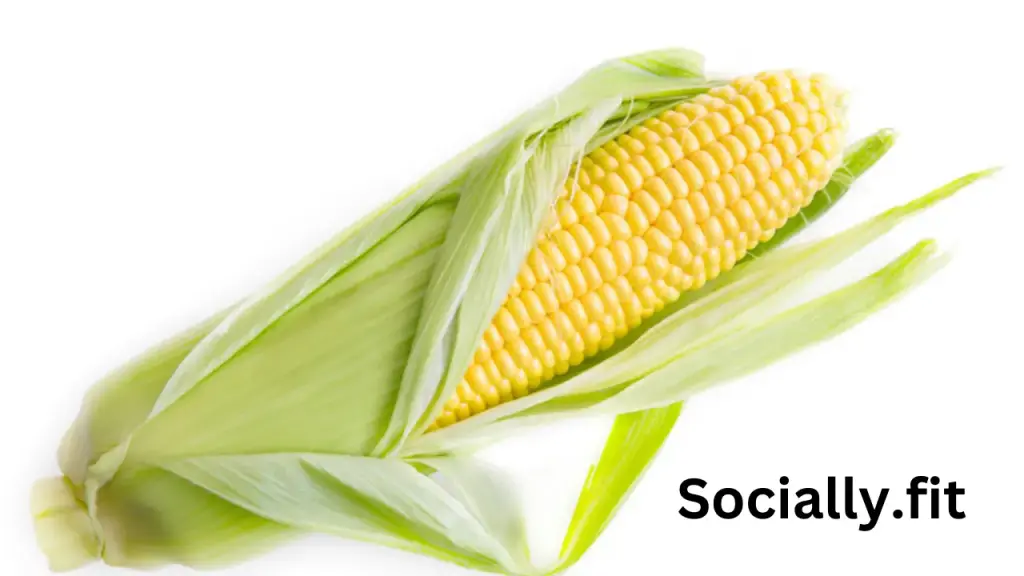
Corn, a versatile grain enjoyed worldwide, holds a unique place in our diets. Whether it’s a side dish at a summer barbecue or a key ingredient in traditional cuisines, corn is both familiar and versatile. But beyond its culinary appeal, understanding the nutritional value of corn is essential for making informed dietary choices.
In this article, we’ll explore the significance of making health-conscious food decisions and provide a brief overview of the nutritional composition of corn. By understanding the role of corn in our diets. We can better appreciate its place in maintaining a balanced and wholesome approach to eating. So, let’s delve into the world of corn and discover its importance in our quest for optimal health.
Nutritional Value of Corn
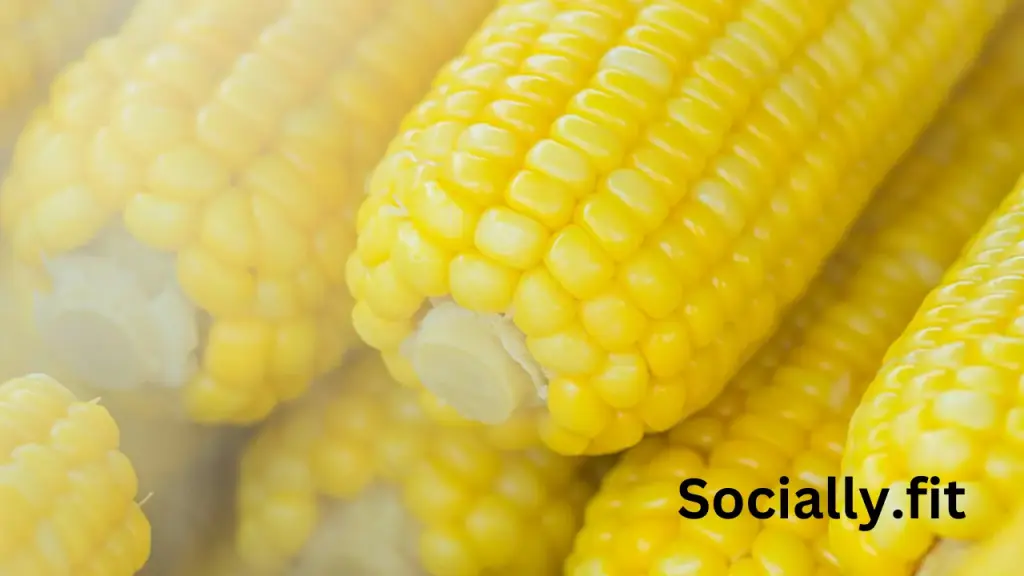
Macronutrient Breakdown
Corn is primarily composed of carbohydrates, making it an excellent source of energy. A typical serving of corn contains carbohydrates in the form of starch. It provides the body with a steady supply of fuel to sustain daily activities. Additionally, corn contains small amounts of protein. Although it is not as rich in this macronutrient compared to other grains or legumes.
Micronutrients Present in Corn
In addition to its macronutrient content, corn is also rich in micronutrients that are essential for overall health. Among these micronutrients are:
- Vitamins: Corn contains various vitamins, including vitamin C, which plays a crucial role in immune function and collagen production. Additionally, corn provides B vitamins such as thiamine, niacin, and folate, which are essential for energy metabolism and neurological health.
- Minerals: Corn is a good source of minerals such as magnesium, phosphorus, and potassium. Magnesium is vital for muscle function and bone health, while phosphorus is involved in bone formation and maintenance. Potassium helps regulate fluid balance, muscle contractions, and nerve signals in the body.
- Antioxidants: Corn contains antioxidants such as lutein and zeaxanthin, which are beneficial for eye health. These antioxidants help protect the eyes from oxidative damage caused by harmful free radicals, reducing the risk of age-related macular degeneration and cataracts.
Overall, the nutritional composition of corn makes it a valuable addition to a balanced diet. It provides essential nutrients that support overall health and well-being.
Is Corn Healthy for Weight Loss
Corn and Weight Loss: Myth or Reality?
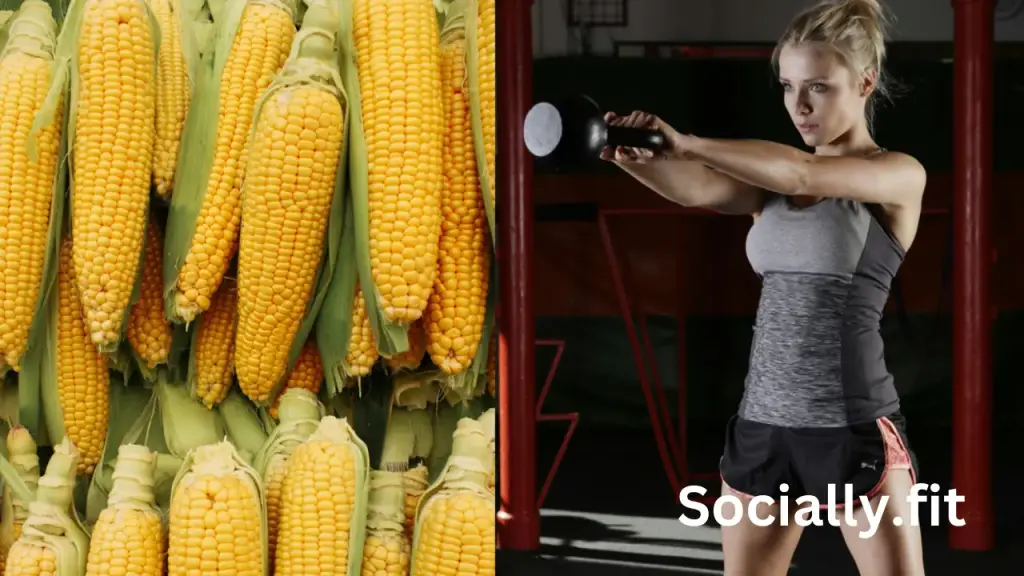
Addressing Common Misconceptions
When it comes to weight loss, there are several misconceptions surrounding the consumption of certain foods. Corn is no exception. One common myth is that corn should be avoided in weight loss diets due to its perceived high carbohydrate content. However, this oversimplification fails to consider the broader nutritional profile of corn. Its potential role is in supporting weight loss goals.
Understanding the Role of Corn in Weight Loss Diets
Contrary to popular belief, corn can actually be a valuable component of a weight loss diet when consumed mindfully and in moderation. While it is true that corn contains carbohydrates, it also boasts other nutritional qualities that can aid in weight management.
- High Fiber Content: One of the key benefits of corn is its high fiber content. Fiber not only promotes digestive health but also helps to keep you feeling full and satisfied for longer periods. This can prevent overeating and snacking between meals, ultimately supporting weight loss efforts.
- Low Calorie Density: Despite its carbohydrate content, corn has a relatively low calorie density, meaning you can enjoy a satisfying portion without consuming excessive calories. This makes it a filling yet calorie-conscious choice for those looking to shed pounds.
- Nutrient-Rich Profile: In addition to fiber, corn is also rich in essential vitamins, minerals, and antioxidants. These nutrients support overall health and well-being, ensuring that your body receives the necessary nourishment even while cutting calories.
By incorporating corn into a well-balanced diet that includes plenty of fruits, vegetables, lean proteins, and whole grains, you can harness its nutritional benefits to support your weight loss journey effectively. It’s all about striking the right balance and making informed choices that align with your health and wellness goals.
Is Corn Healthy for Weight Loss
Benefits of Corn for Weight Loss
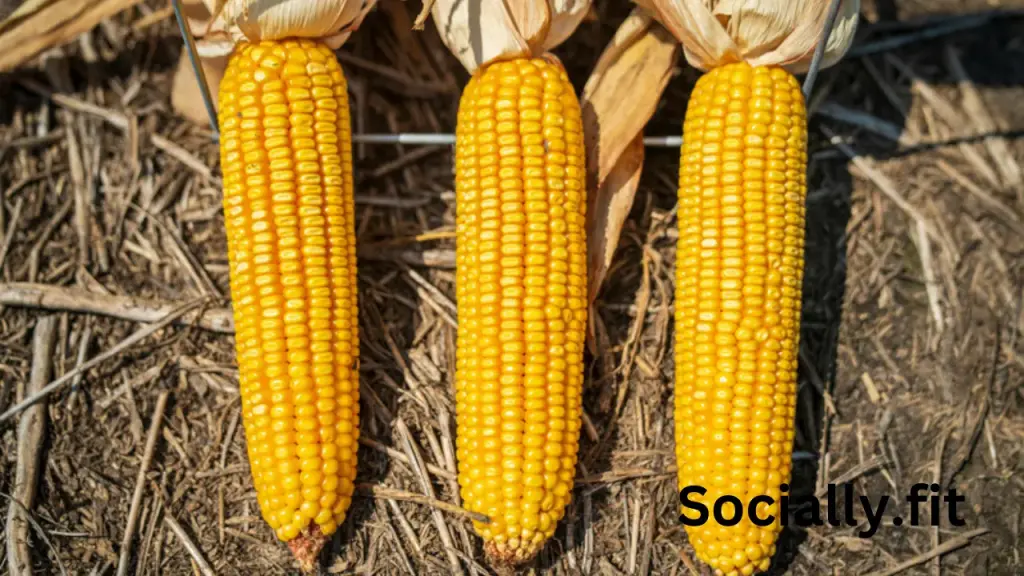
In the pursuit of shedding excess weight, incorporating foods that offer both nutritional value and satiety is crucial. Despite common misconceptions, corn can indeed be a valuable ally in your weight loss journey, offering several benefits that support your goals.
- High Fiber Content Aids Digestion and Promotes Satiety Corn is packed with dietary fiber, a nutrient known for its digestive benefits and ability to promote feelings of fullness. Fiber adds bulk to the stool, facilitating regular bowel movements and preventing constipation. By including corn in your meals, you can support healthy digestion and maintain a satisfied appetite, making it easier to stick to your weight loss plan.
- Low Calorie Density Makes It Suitable for Weight Management Despite its carbohydrate content, corn has a relatively low calorie density, meaning it provides fewer calories per gram compared to higher-calorie foods. By incorporating corn into your meals, you can create filling and nutrient-rich dishes that support your weight loss goals without compromising on taste or satisfaction.
- Nutrient-Rich Profile Supports Overall Health During Weight Loss Beyond its fiber and low-calorie attributes, corn boasts a nutrient-rich profile that provides essential vitamins, minerals, and antioxidants. These nutrients play key roles in supporting overall health and well-being, ensuring that your body receives the necessary nourishment even as you reduce calorie intake to promote weight loss.
By incorporating corn into your meals and snacks in creative and nutritious ways, you can harness its benefits to support your weight loss efforts effectively.
Is Corn Healthy for Weight Loss
How to Incorporate Corn into a Weight Loss Diet
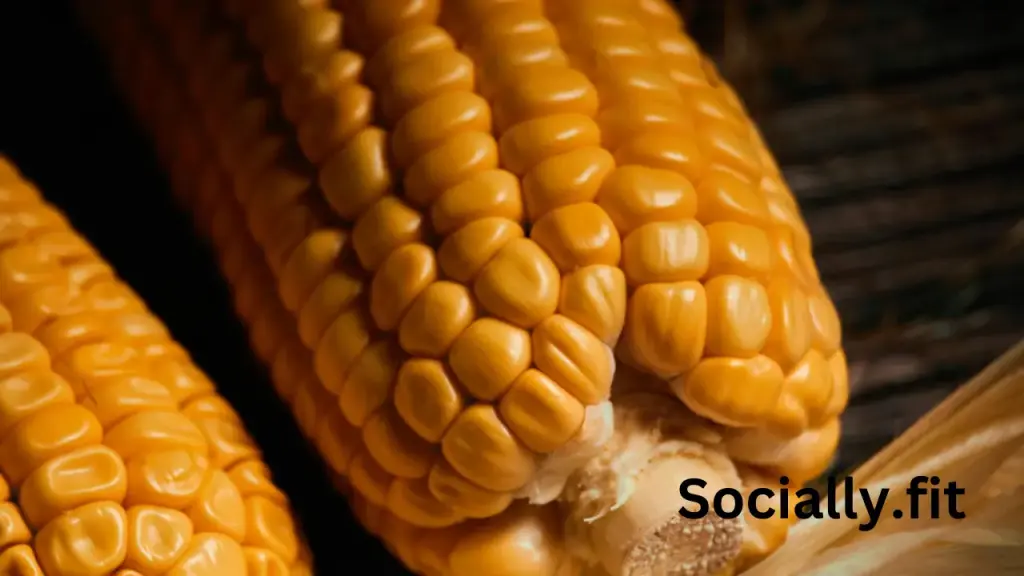
When it comes to incorporating corn into your weight loss diet, there are numerous creative and nutritious ways to enjoy this versatile grain. From healthy cooking methods to delicious recipes, here are some tips to help you make the most of corn while on your weight loss journey:
Healthy Cooking Methods for Corn
- Grilling: Grilling corn on the cob brings out its natural sweetness and adds a delightful smoky flavor. Simply brush the corn with a small amount of olive oil, sprinkle with your favorite herbs and spices, and grill until tender and slightly charred. This method adds minimal calories while maximizing flavor, making it a perfect option for those watching their waistlines.
- Steaming: Steaming is another excellent cooking method that preserves the nutritional integrity of corn while keeping it moist and tender. Simply place the corn in a steamer basket over boiling water and steam until cooked through. Steamed corn can be enjoyed on its own or incorporated into salads, soups, or stir-fries for a nutritious and filling meal.
- Boiling: Boiling is a simple and convenient way to cook corn, requiring just a pot of water and a few minutes of cooking time. To keep calories in check, avoid adding excessive salt or butter to the cooking water. Instead, season the corn with herbs, spices, or a squeeze of lemon juice for added flavor without the extra calories.

Recipes and Meal Ideas Featuring Corn as a Primary Ingredient
- Corn and Black Bean Salad: Combine cooked corn kernels with black beans, diced bell peppers, red onions and cherry tomatoes. Dress with a light vinaigrette made from lime juice, olive oil, garlic, and cumin. Refreshing and satisfying salad that’s perfect for lunch or as a side dish.
- Corn and Vegetable Stir-Fry: Stir-frying corn with an assortment of colorful vegetables such as bell peppers, broccoli, carrots, and snap peas creates a nutritious and flavorful meal. Season with soy sauce, ginger, and garlic for an extra burst of flavor, and serve over brown rice or quinoa for a complete and filling dish.
- Grilled Corn and Avocado Salsa: Grilled corn kernels paired with creamy avocado, diced tomatoes, red onions, jalapenos, and lime juice create a vibrant and flavorful salsa that’s perfect for topping grilled chicken or fish. Enjoy it as a dip with whole grain tortilla chips for a satisfying and guilt-free snack.
By incorporating corn into your meals using healthy cooking methods and flavorful recipes. You can enjoy its nutritional benefits while supporting your weight loss goals. Experiment with different ingredients and flavor combinations to discover new and exciting ways to incorporate corn into your diet. Remember to enjoy it in moderation as part of a balanced eating plan.
Is Corn Healthy for Weight Loss
Potential Drawbacks of Consuming Corn
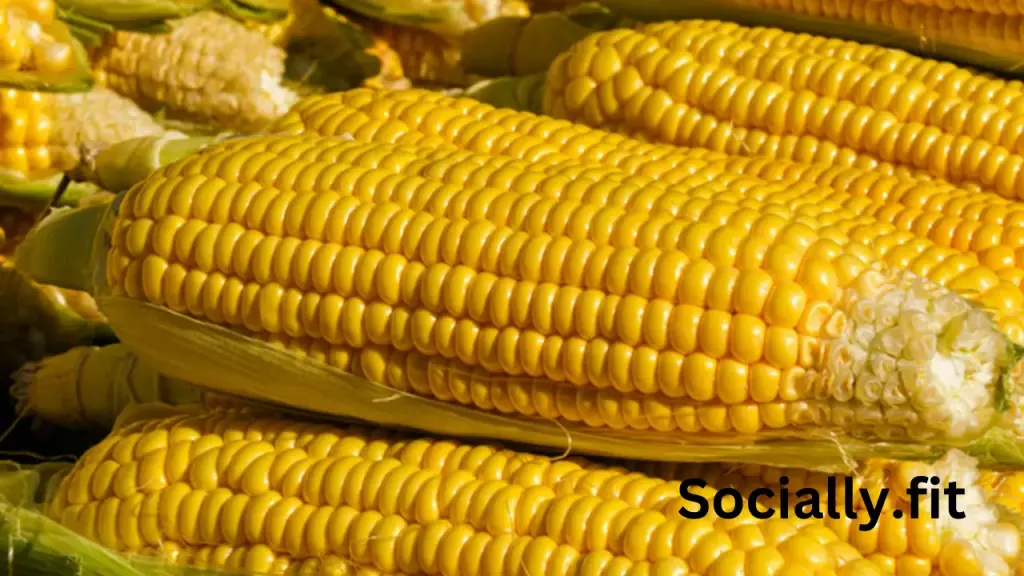
While corn offers numerous health benefits, it’s essential to be aware of potential drawbacks associated with its consumption. Here are two significant considerations:
Allergic Reactions
- Allergic Sensitivity: Some individuals may experience allergic reactions to corn or corn-derived products. These reactions can range from mild to severe and may include symptoms such as skin rashes, itching, swelling, difficulty breathing, or gastrointestinal distress. If you suspect an allergy to corn, it’s essential to consult with a healthcare professional for proper diagnosis and guidance on managing your condition.
Issues Related to GMO Corn
- Genetically Modified Organisms (GMOs): Corn is one of the most commonly genetically modified crops worldwide. While GMO corn has been engineered to resist pests and herbicides, concerns have been raised regarding its potential impact on human health and the environment. Some studies suggest that GMO corn may pose risks such as allergic reactions, antibiotic resistance, and environmental contamination. To mitigate these risks, some individuals opt for organic or non-GMO corn varieties, which are grown without genetic modification or synthetic pesticides.
By being aware of these potential drawbacks and making informed choices about the types and sources of corn you consume, you can minimize any associated risks and continue to enjoy corn as part of a balanced and health-conscious diet. If you have concerns about corn allergies or GMOs, consult with a healthcare professional or nutritionist for personalized guidance and recommendations.
Is Corn Healthy for Weight Loss
Conclusion
In conclusion, corn can be a valuable addition to a weight loss diet when consumed mindfully and as part of a balanced eating plan. Let’s recap the key points discussed:
- Nutritional Value: Corn is a nutrient-rich grain that offers essential vitamins, minerals, and antioxidants. Its high fiber content promotes digestion, while its low calorie density makes it suitable for weight management.
- Myth vs. Reality: Despite misconceptions about its carbohydrate content, corn can support weight loss goals due to its satiating properties and nutrient profile.
- Incorporation into Diet: There are various ways to incorporate corn into a weight loss diet, including healthy cooking methods and flavorful recipes that maximize its nutritional benefits.
- Potential Drawbacks: It’s essential to be aware of potential allergic reactions and concerns related to GMO corn. Choosing organic or non-GMO varieties can help mitigate these risks.
Final Thoughts
While corn alone is not a magical solution for weight loss, it can certainly be a helpful tool when combined with other nutritious foods and a balanced lifestyle. By enjoying corn in moderation and focusing on overall dietary quality, individuals can harness its benefits to support their weight loss journey effectively.
Ultimately, the key to successful weight loss lies in making informed choices, listening to your body’s hunger and fullness cues, and finding enjoyment in the foods you eat. With its versatility, nutritional value, and delicious flavor, corn can be a valuable ally in achieving and maintaining a healthy weight.
So, whether you’re enjoying grilled corn on the cob at a summer barbecue or adding sweet corn kernels to a hearty salad, embrace the goodness of corn as part of your weight loss journey and savor the benefits it brings to your health and well-being.

FAQs (Frequently Asked Questions)
- Can eating too much corn hinder weight loss progress?
- While corn can be part of a healthy diet, excessive consumption may contribute to calorie intake surpassing expenditure, potentially impeding weight loss efforts.
- Is fresh corn healthier than canned or frozen corn?
- Fresh corn is often preferred due to its higher nutrient content and absence of added preservatives. However, frozen or canned corn can still be nutritious options, especially when fresh corn is out of season.
- Are there any alternative grains for individuals avoiding corn?
- Yes, several alternative grains such as quinoa, brown rice, and barley offer similar nutritional benefits and can be suitable substitutes for corn in recipes.
- Can corn allergies develop later in life?
- While rare, it is possible for adults to develop allergies to corn or corn products, although this typically occurs in individuals with a predisposition to food allergies.
- Is organic corn a better choice for weight loss?
- Organic corn may offer some benefits, such as avoiding exposure to synthetic pesticides and genetically modified organisms, but its impact on weight loss specifically is likely minimal compared to factors such as portion control and overall dietary quality.
Is Corn Healthy for Weight Loss
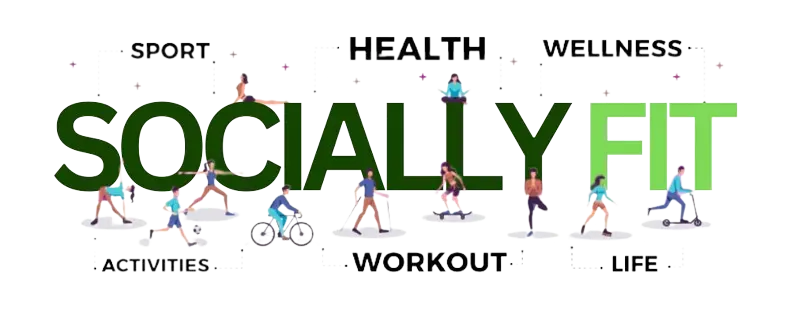







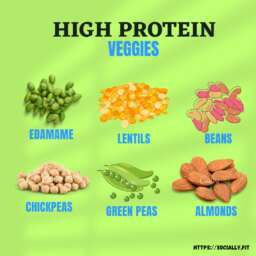
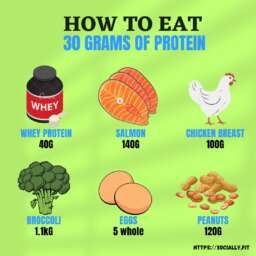
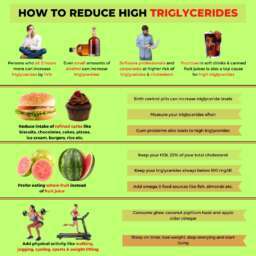
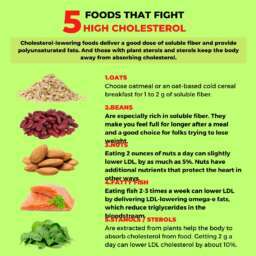
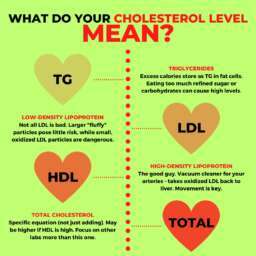

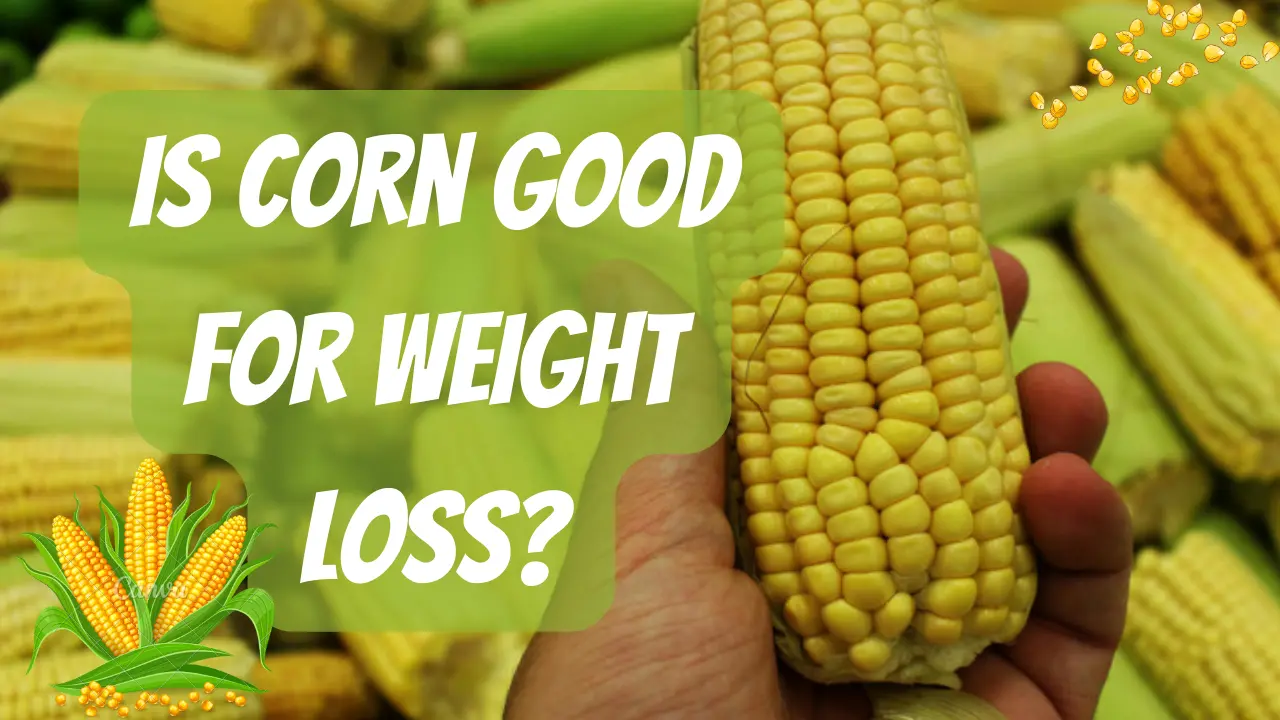
One thought on “Is Corn Healthy for Weight Loss?”